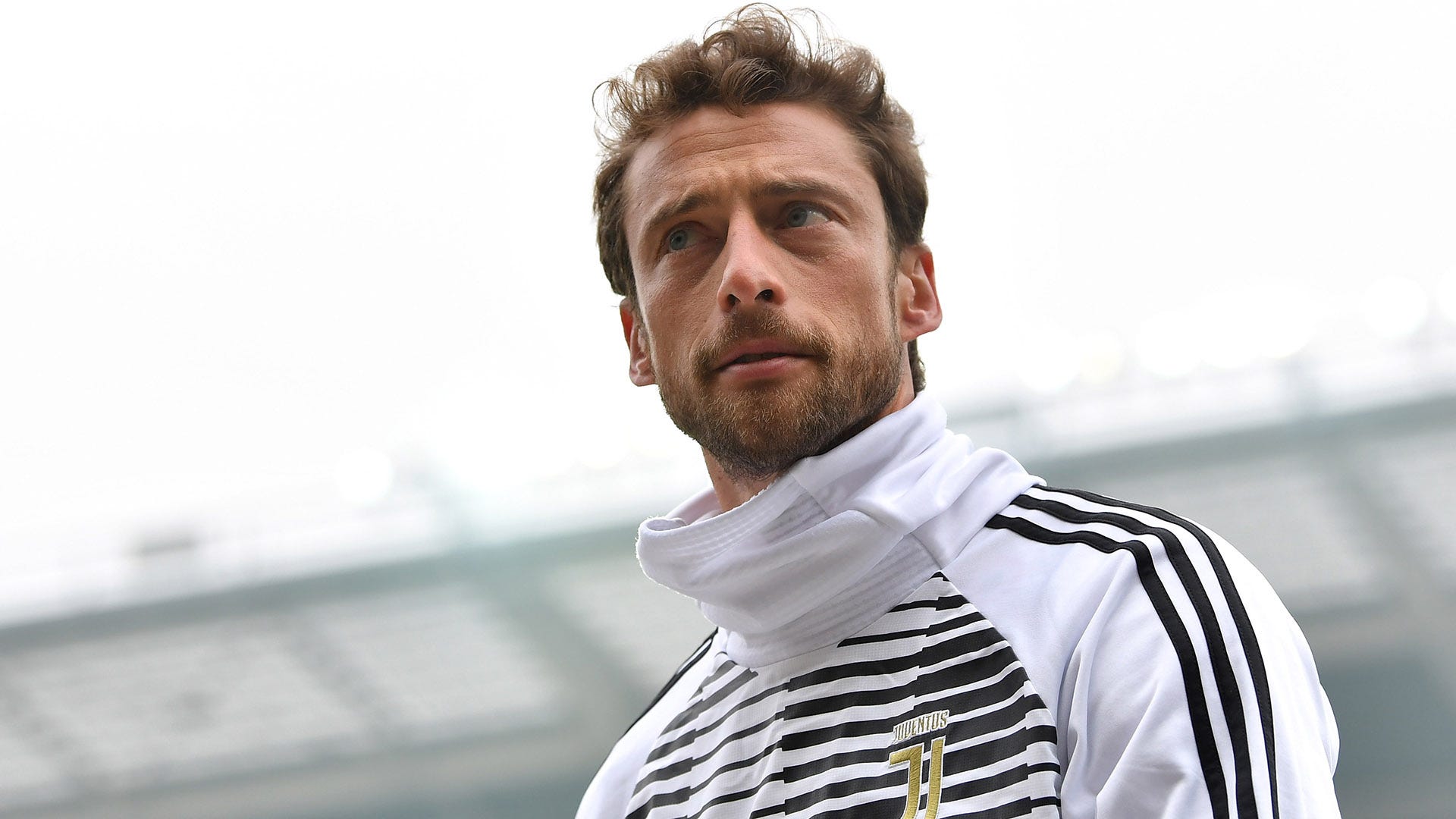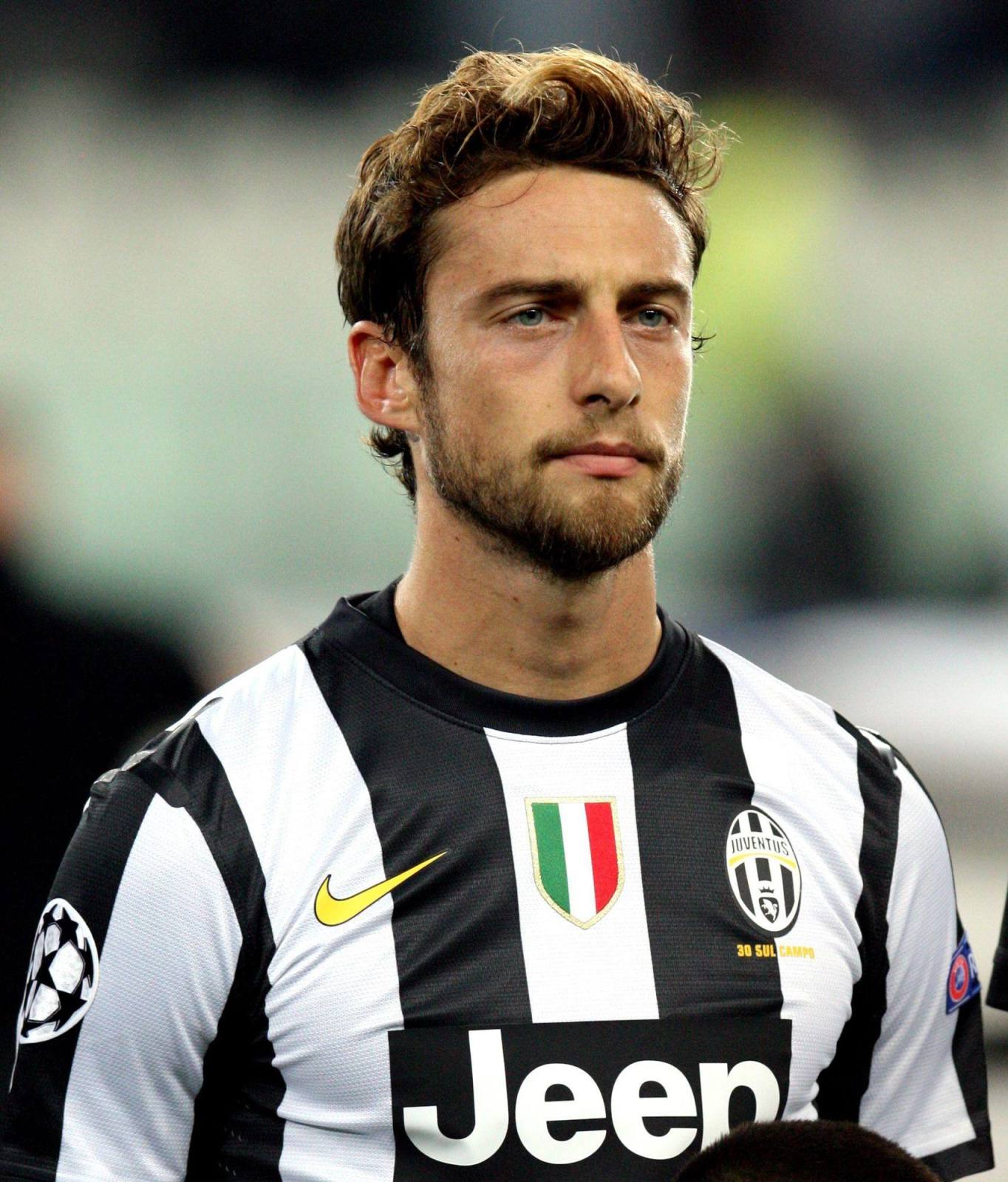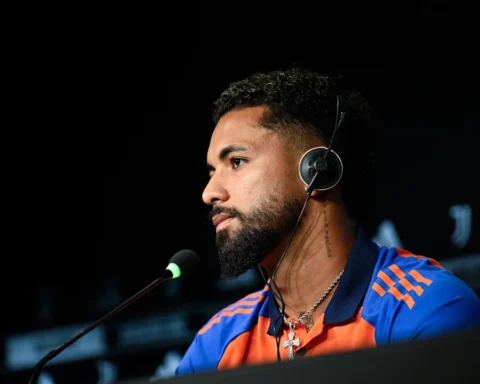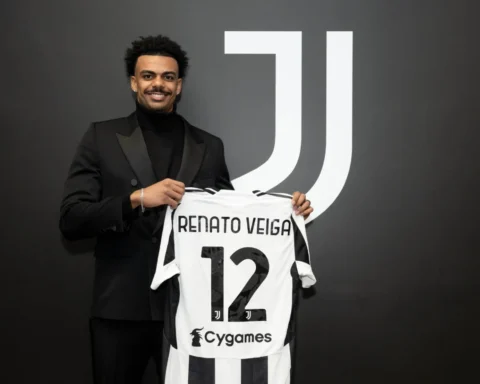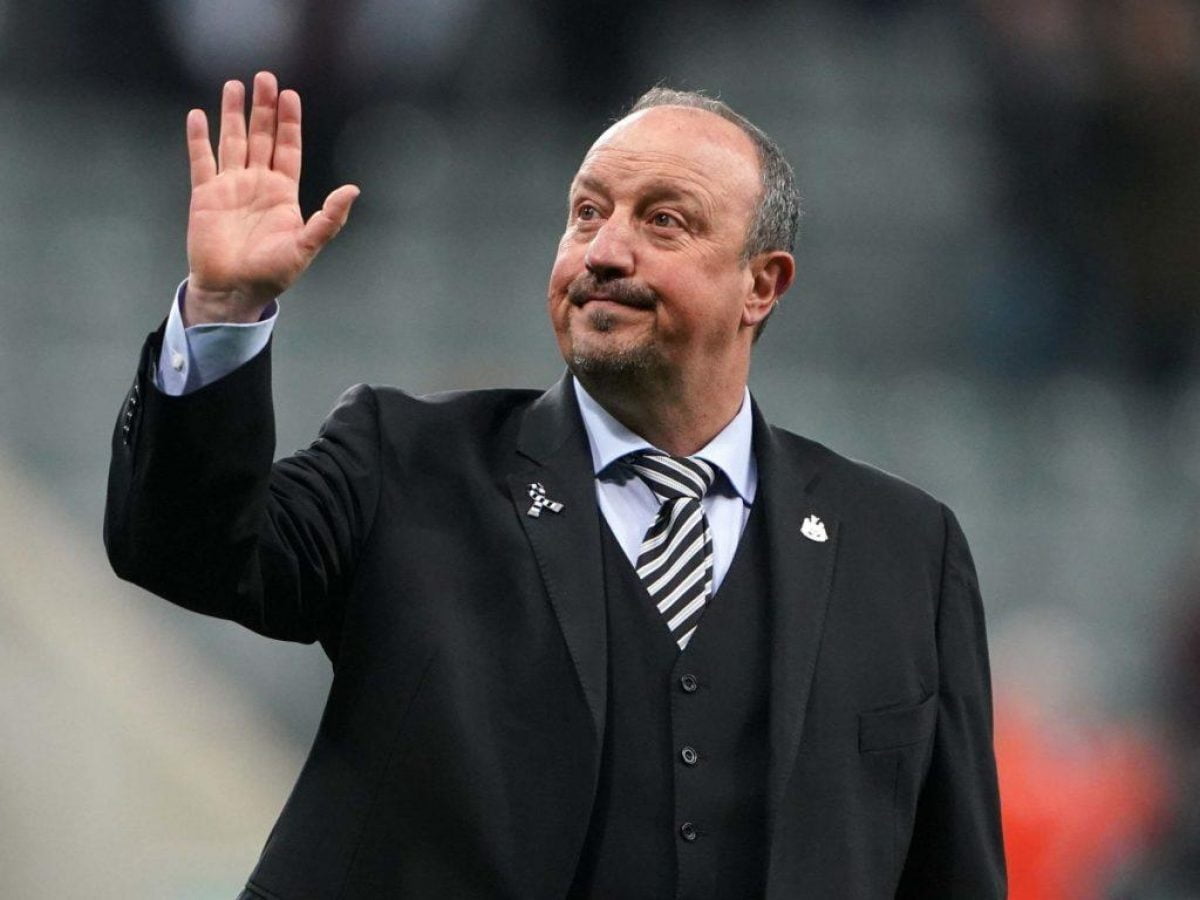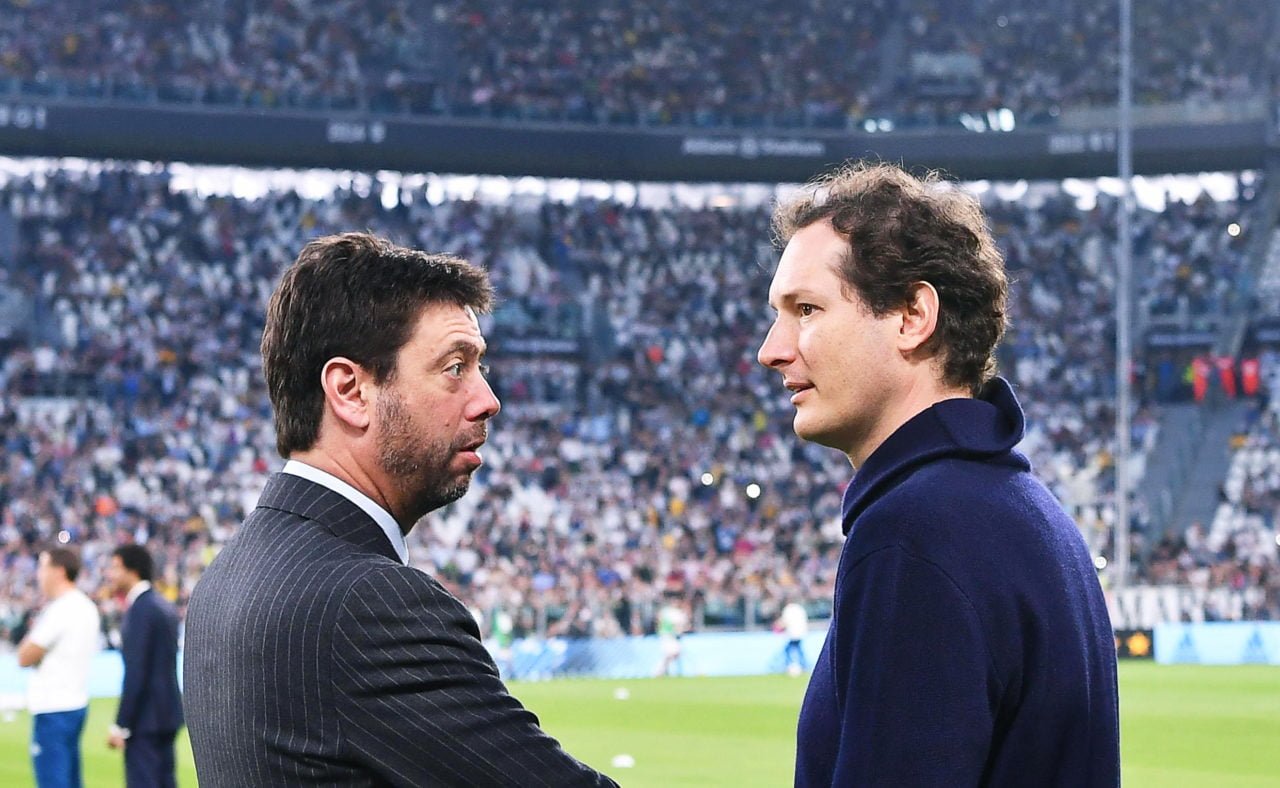In a riveting and emotionally charged interview with ‘Radio Serie A con RDS,’ Claudio Marchisio took fans on a journey down memory lane, reliving the highs and lows of his illustrious career with Juventus. The interview touched upon his admiration for Alessandro Del Piero, his transformative experiences under Antonio Conte, the challenges faced with Max Allegri, and the emotional rollercoaster that defines a footballer’s life.
“DEL PIERO IDOL, ‘PRINCIPINO’ BECAUSE…”
“It has been an intense life at Juventus, filled with successes and defeats. The club was fundamental in helping me understand how we all work together towards a common goal, something that executives and coaches instill in you from the youth sector.”
“My idol was Del Piero, and I joined Juventus in the year he arrived from Padova. During that time, I played in the same position as him before moving back. It was fortunate to play with him, to have him as a teammate. My first goal came from his assist, and I remember that day very well.”
“At 18-19 years old, I became the ‘principino’ because I used to go to the field dressed elegantly, and Balzaretti gave me this nickname, and I never took it off.”
NIGHTS SPENT IN THE PARKING LOT
“It’s true, there were times when I slept in the sports center parking lot, but it only happened when there were university parties the night before, and I wouldn’t have had time to go home and return in time for training. On one of those occasions, I met my wife. When Del Piero saw me in the parking lot, he complimented me for being there already, and I didn’t tell him the truth.”
“CONTE, THE BEST COACH I’VE HAD”
“My journey had its ups and downs, competing between the first team and the Primavera. When the opportunity arises, you have to be ready to seize it. When I was loaned to Empoli, initially disheartened, I understood that I had to restart with tremendous enthusiasm. With the arrival of Antonio Conte, the team spirit truly began to take shape.”
“The earthquake wasn’t Conte’s arrival but his work. We went to Bardonecchia, and at the gathering in Vinovo, the Mister made us understand how important it was to remember how to win. Every day, he added a metaphorical brick to our backpacks, not weighing us down but providing an extra tool to build our own armor.”
“He has incredible determination; surely, his experience in England changed him. He has the ability to show that he believes in everything he does. I consider him the best coach I’ve had because he truly made me grow.”
ON ALLEGRI
“Even Allegri taught me a lot. He saw in me the ability to move independently without his instructions. According to him, I was capable of managing myself and setting up the game without his control.”
“WORLD CUP AT 23 ‘THANKS’ TO CALCIOPOLI”
“Calciopoli gave me the opportunity to take a different and faster path to the national team and play in a World Cup (South Africa 2010, editor’s note) at 23. However, it is necessary to prove on the field what you do and the abilities you possess.”
THE YEAR IN SERIE B WITH JUVE
“The affection of the people never wavered; they made us experience an incredible year. I remember it for the euphoria and affection with which the fans followed us. It was a high-level championship with Napoli, Cesena, Genoa… It was also an important and serene year for us.”
THE END WITH JUVENTUS
“It ended at the wrong time, but now it’s in the past. I want to acknowledge Juventus, which gave me the opportunity to write together an important part of football history. I know I gave my all.”
LOST CHAMPIONS LEAGUES
“We came close twice; it’s an enormous regret, but we can say that we faced phenomenal Real Madrid and Barcelona. It’s not an excuse, but it’s a fact.”
“When you reach that level and play these finals, the wounds remain; you simply learn to accept and convince yourself, but the thought never leaves you.”
THE INTERLUDE AT ZENIT
“It was one of the first teams to show interest in me. I always think that the Russia of today is not the same. There, I discovered a country that I liked a lot, somewhat like us Piedmontese, closed initially but with the ability to open up later.”
THE MEMORY OF ASTORI
“We were on the field, finishing some exercises after training. Allegri had already left the field but returned immediately to give us this terrible news. At first, I couldn’t believe it, and as an athlete, I couldn’t comprehend this thing until I understood that, despite being athletes, we are still fragile.”
“We went through a journey together, in national teams, on the field together as teammates or opponents. He left an incredible void; he was Davide before Davide Astori, the man before the footballer, and everyone who knew him thinks that way.”
MAIGNAN’S CASE AND RACISM
“There has been no return to talking about racism because it has always existed. There are matches where the spotlight shines more on certain players; this is a cultural problem that occurs also in France, Spain, England…”
“These things should not happen, especially at the youth level where the same things occur. The educational role of parents is fundamental in positively influencing young people. We must be the first to think differently and transmit important values to future generations.”
“I can imagine the statements of the Udinese coach in the context of the strong emotions he experienced in the ’90s. We shouldn’t wait for an episode to try to talk about it; we should always talk about it. They try to instill fear in the opponent with these types of phrases that make no sense. We never talk about it enough; we think we are fixing things because we realize they exist only when they occur. Instead, we should work upstream and eradicate it.”
“I have witnessed scenes of racism both from the stands and on the playing field; I remember phrases like ‘you’re a monkey.’ It is a cultural problem not only in our country.”

